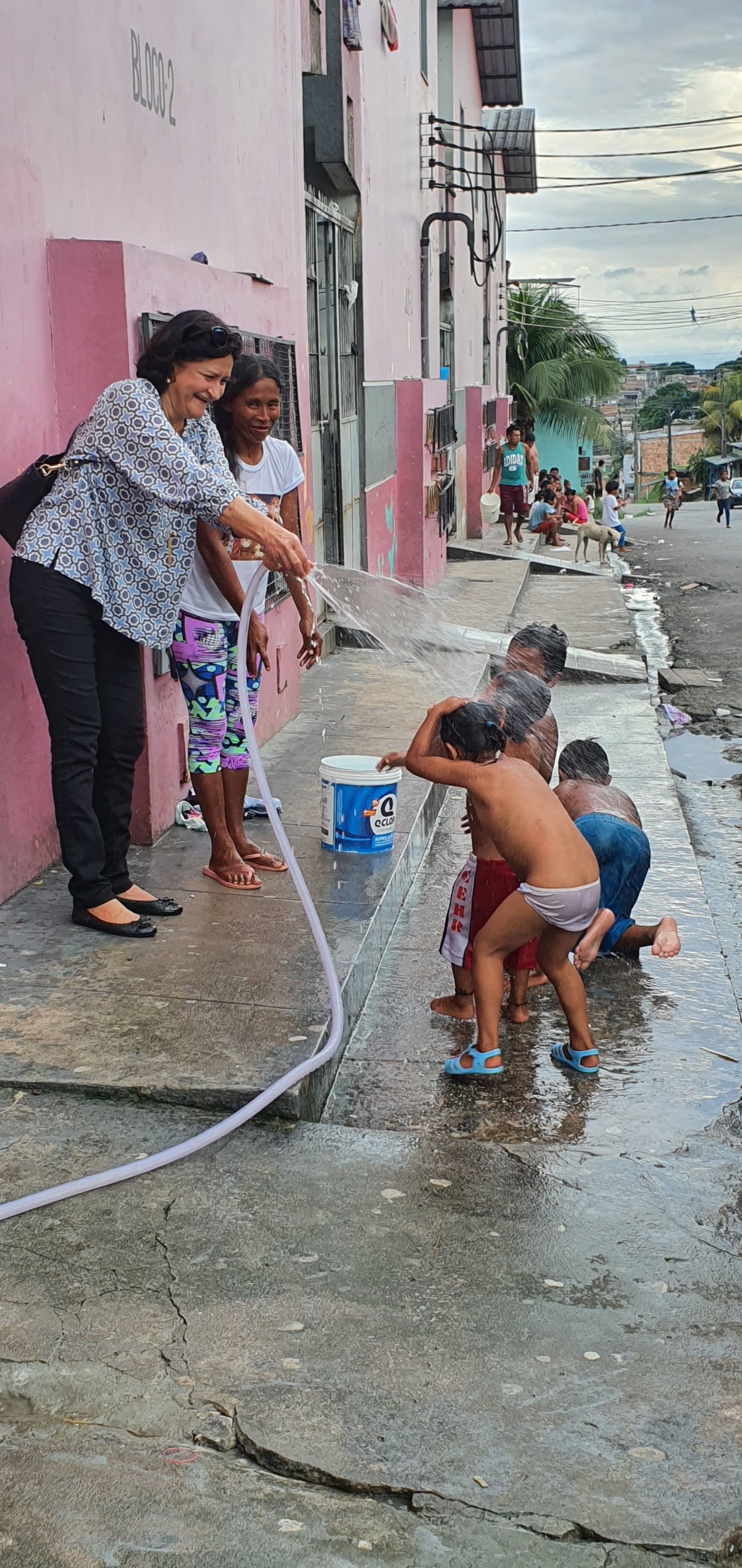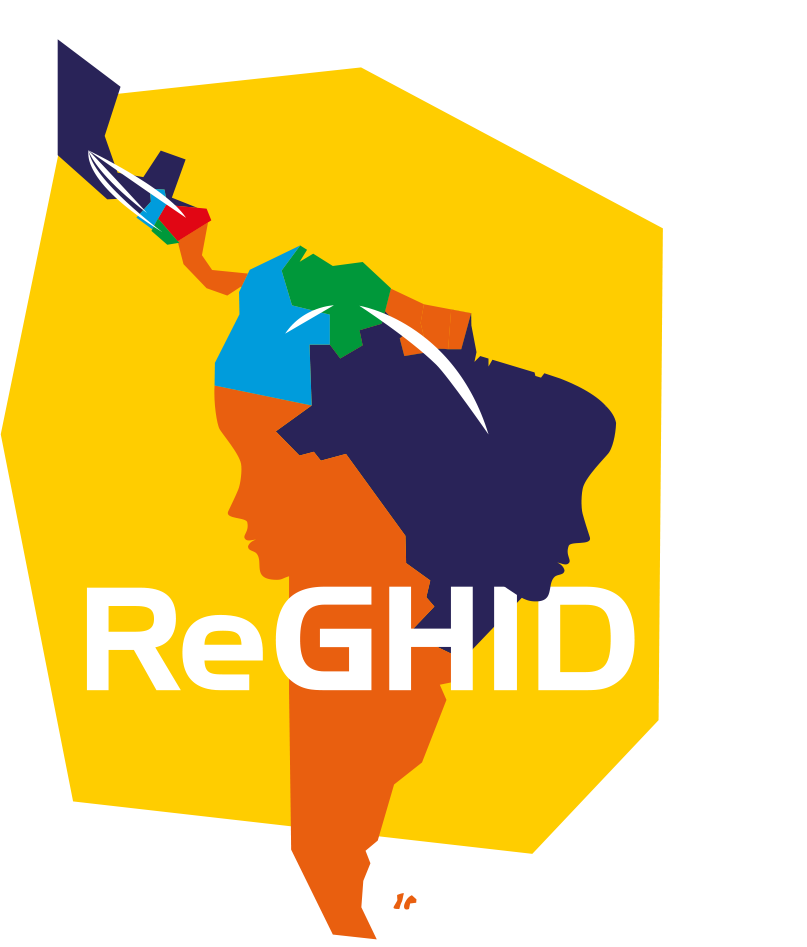COVID-19 lockdown experience

ReGHID officially started in February 2020, and had its initial activities directly impacted by the COVID-19 pandemic. This has represented a shift in some of the fieldwork activities and methodologies and has provided the team with the opportunity to build a theoretical and policy working papers with more time and involvement of international partners. Preliminary fieldwork activities, initially scheduled for 2020 will be carried out in 2021 to include focus groups with displaced women and girls, photovoice activities and interviews with key actors in health services in Brazil, Mexico and Honduras. However some engagement activities and research will still be conducted online and by phone.
COVID-19 has meant that, although the core of the project remains the sexual and reproductive health rights of displaced women and girls in Central and Latin America, some of the research findings will also be impacted by the current health emergency, as women & girls themselves, and their sexual and reproductive health, will suffer the consequences if governments implement inadequate and inappropriate policy responses during COVID-19. In situations of crisis, public service provision and access to health and welfare services can rapidly deteriorate. The impacts are greatest on the already vulnerable, including poor women and children, ethnic minorities, displaced people and the long-term poor. For displaced women and girls, who account for around 50% of displaced people, and whose needs are invisibilised even in ‘normal’ times, the health risks posed by COVID-19 are huge, as pandemics are not gender neutral.
They reinforce gendered roles of care and reduce access to sexual and reproductive health services, either because of shortages of supplies, medicines and specialist health care workers or because resources are redirected in times of crisis in ways that reflect away the priorities of (generally male) policy makers, rather than the needs of women. Levels of domestic and gender-based violence rise. For displaced women and girls who often rely on relief and humanitarian organisations for accessing gender-based violence services and counselling, sexual and reproductive health information services, HIV and sexually transmitted infections tests, contraception, abortion, and gynaecological care. As a result, will surely capture the impacts the pandemic has had on the lives and the sexual and reproductive health needs and rights of women and girls in situations of displacement.
